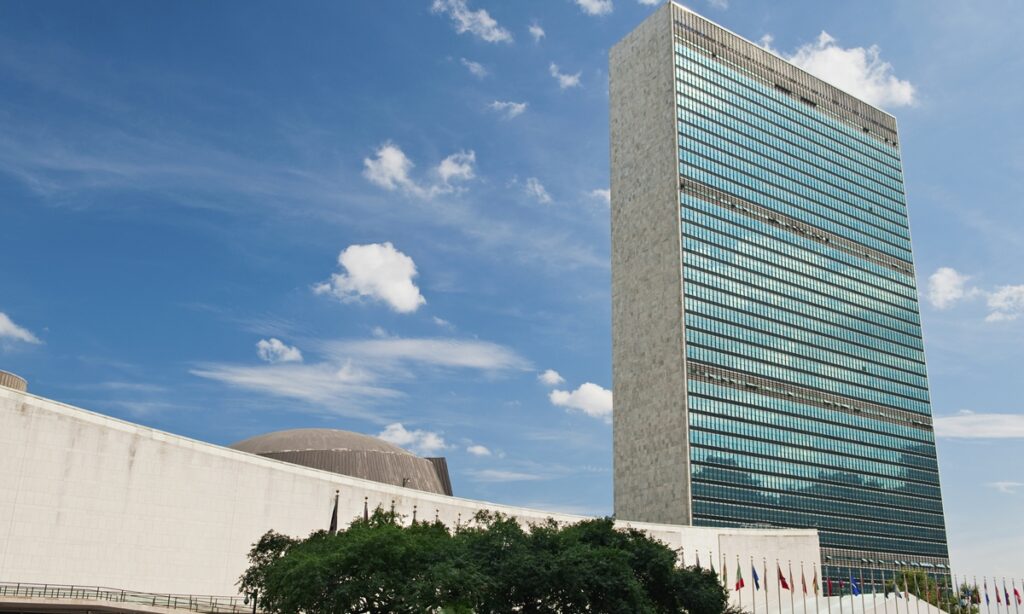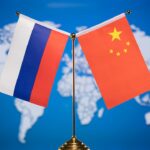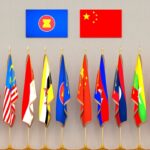Starting from Monday, the high-level week of the 78th United Nations General Assembly (UNGA) will begin and last until September 26. Compared to previous ones, this year’s UNGA has placed a greater emphasis on the “Global South” countries. Several high-level meetings to be held during the General Assembly will focus on the priorities of developing countries in Africa, Latin America and Asia, including climate, health and financing. Countries in the South have also influenced and responded to the agendas of the UNGA with a stronger spirit of unity and cooperation as well as a sense of “being the host.” The director of an international think tank believes that “this is a year when the countries of the Global South have set the agenda.”
For this year’s high-level week of the UNGA, Secretary-General António Guterres has long had high hopes, hoping to “help rescue the Sustainable Development Goals.” The term “rescue” reveals the current difficulties faced by global development, and also reflects the unbridgeable rift between developing and developed countries. What Guterres mentioned is a fundamental change in the current international situation, that is, the collective rise of developing countries, which brings a call for a more just and reasonable international order. Meanwhile, established major powers such as the US and the West are trying hard to maintain their dominance and resorting to every possible means to discredit, attack and suppress this call. It must be said that this contradiction is the deep factor causing the current geopolitical division.
For example, what the international community, mainly developing countries, most hope to discuss at the UNGA is how to solve poverty, alleviate high inflation, cope with climate change, among other issues. They hope to promote sustainable development through multilateral dialogues. The key words of the general debate – peace, prosperity, progress and sustainability for all – which are generally regarded as the “highlights” of the UNGA, also fully reflect this strong desire. What these countries are most worried about is that the Ukraine crisis will once again become the dominant topic in the UNGA and shift people’s attention from development issues. The endless chatter about war and overt and covert threats made against other countries, forcing them to pick sides, are the last thing these countries want to hear. However, while the US pays attention to the “Global South,” it also declared that “the world cannot address one without the other,” meaning the Ukraine crisis and development issues. This shows that the US is well aware of the demands of developing countries, but it insists on bringing in its own agendas at multilateral forums.
There are many similar examples, all of which strongly prove without exception that the practice of bringing geopolitical calculations into multilateral occasions has undermined global cooperation efforts and wasted many opportunities for developing countries and developed nations to reach compromises, reconciliation, and cooperation. It has also severely limited the effectiveness of previously well-functioning multilateral platforms. This is very regrettable. In this process, the US and the West have continuously demonized the legitimate and just demands of developing countries using their powerful public opinion tools. On the eve of the opening of a series of important meetings at the United Nations General Assembly, the G77 + China Summit was held in Havana, the capital of Cuba, from September 15 to 16. The participating representatives unanimously passed the Havana Declaration, which underscored the “right to development in an increasingly exclusive, unfair, unjust, and plundering international order.” This became a collective call from developing countries before the high-level meetings at the UNGA. However, it remains uncertain to what extent the voices and concerns of “Global South” countries and the UN Secretary-General can be heard by the representatives of developed countries inside the UNGA in New York.
The US and other Western countries are clearly increasing their efforts to win over the “Global South,” but it is evident that this is not about granting developing countries a more equal status and development opportunities, but rather an attempt to continue to confine them to the periphery of the “center-periphery” system. The reality is that developing countries are now more awake and capable of maintaining independence and autonomy than ever before. This is not only reflected in their cautious and balanced approach to the Russia-Ukraine conflict but also in their clear-headedness and calmness in the face of US instigation for confrontation against China and Russia. The UNGA is the most representative multilateral forum globally, and the US and the West should be more humble here and clearly see the mainstream direction of the international community.
(Global Times)




